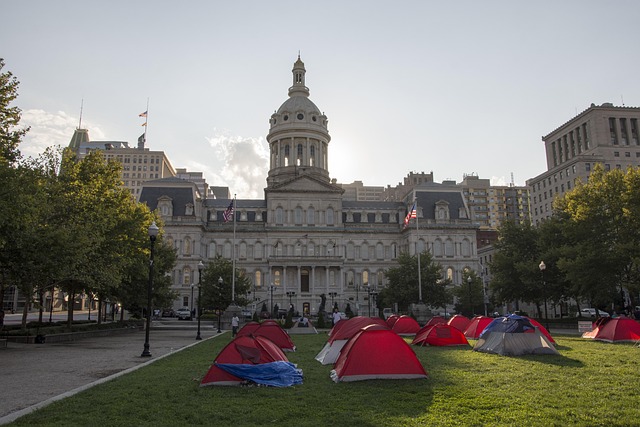Maryland has significantly updated its nursing home laws with stricter staff-to-resident ratios, mandatory abuse recognition training, and enhanced reporting guidelines to combat growing concerns about elder abuse, particularly sexual assault in Baltimore facilities. These changes prioritize resident protection, impose stricter penalties for non-compliant homes, and encourage a culture of safety and accountability. Elderly sexual assault lawyers play a vital role in guiding residents and facilities through these new regulations, protecting rights, and upholding care standards.
“Recent updates to nursing home laws and regulations in Baltimore have brought about significant changes, enhancing protection for elderly residents. This article delves into the key revisions, focusing on Maryland’s new guidelines aimed at preventing and addressing elder abuse, particularly in light of growing concerns over sexual assault in long-term care facilities. We explore the role of legal advocacy for vulnerable populations, emphasizing the importance of an elderly sexual assault lawyer Baltimore residents can trust to navigate these updates and ensure justice.”
Recent Changes in Nursing Home Regulations in Maryland
In recent years, Maryland has made significant updates to its nursing home laws and regulations, driven by a commitment to enhancing care standards and protecting the rights of elderly residents. These changes are particularly notable in light of concerns regarding prevention and reporting of elder abuse, including sexual assault. An elderly sexual assault lawyer Baltimore residents trust can help families navigate these complex issues.
One key development is the implementation of stricter regulations on staff-to-resident ratios, aimed at ensuring adequate supervision and care. Additionally, Maryland has introduced mandatory training programs for nursing home employees, focusing on recognizing and reporting instances of abuse, neglect, and sexual assault. These proactive measures reflect a broader trend in the industry to foster a culture of safety and accountability within nursing homes, addressing critical concerns raised by advocates and families alike.
Enhancing Protection for Elderly Residents: Key Updates
The recent updates to nursing home laws and regulations in Baltimore place a significant emphasis on enhancing protection for elderly residents, especially in light of preventing and addressing instances of elderly sexual assault. One of the key changes includes mandatory reporting guidelines for staff members, ensuring that any suspected or actual incidents of abuse are promptly reported to the appropriate authorities. This move is crucial in holding facilities accountable and providing justice for victims.
Additionally, these updates introduce stricter penalties for nursing homes that fail to uphold safety standards, including financial fines and potential license revocation. With the assistance of experienced elderly sexual assault lawyers in Baltimore, residents and their families can now navigate these new regulations with greater clarity, ensuring their rights are protected and abusers face consequences for their actions.
Addressing Sexual Assault Concerns in Long-Term Care Facilities
In recent years, there has been a growing awareness and focus on addressing sexual assault concerns within long-term care facilities, including nursing homes, across Baltimore and beyond. This heightened scrutiny is driven by the unique vulnerability of elderly residents who may be unable to report abuse or assault due to cognitive impairments or other health issues. As such, it’s imperative that nursing home staff receive comprehensive training in recognizing and responding to potential instances of sexual misconduct involving both residents and visitors.
Baltimore nursing homes are increasingly held to stricter standards, with regulations mandating robust safety protocols and emergency response systems. An elderly sexual assault lawyer Baltimore residents trust can offer guidance on these evolving laws and help hold facilities accountable when necessary. By implementing thorough background checks for staff, enhancing security measures, and promoting a culture of transparency and consent education, nursing homes can better protect their residents from potential harm, ensuring their safety and dignity in a care setting.
The Role of Legal Advocacy for Vulnerable Populations
In Baltimore, as in many places, the elderly and vulnerable populations are particularly susceptible to exploitation and abuse, especially within institutional settings like nursing homes. This is where legal advocacy plays a crucial role, ensuring their rights are protected and their safety is upheld. Elderly sexual assault lawyers in Baltimore are dedicated to addressing these issues through legal means, providing a vital service that can often be the difference between justice and continued mistreatment.
These advocates specialize in navigating complex laws and regulations surrounding elder care, including those related to prevention, reporting, and prosecution of abuse. They work tirelessly to ensure nursing homes maintain safe environments, adhere to proper care standards, and respect the dignity of their residents. By holding institutions and individuals accountable, these lawyers contribute significantly to fostering a culture where vulnerable adults are protected and respected.





